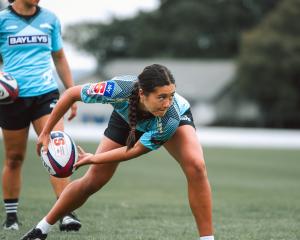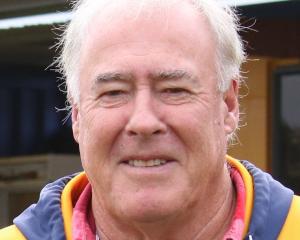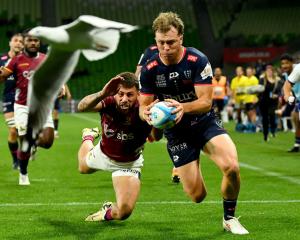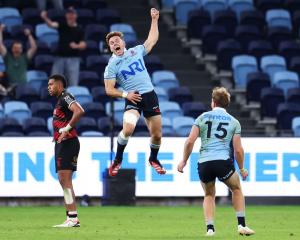
The New Zealand Rugby Union are comfortable they got an outcome that was acceptable in the ongoing saga that brewed following Thomson's careless footwork against Scotland. They were less than pleased with the time it took to get that binding decision.
Thomson's indiscretion - he scraped his boot on the head of his opposite, Alasdair Strokosch, on November 11 at Murrayfield - saw the wheels grind exceedingly slowly.
The citing and final appeal process didn't wind up until Friday November 23.
The outcome is basically that the All Black flanker will be available for selection to play England next week. The IRB appealed the findings of the independent judicial inquiry that found Thomson guilty of applying a boot to Strokosch's head. Thomson was originally handed a two-week suspension that was reduced to one for his previous clean record and lack of intent.
The IRB claimed the sentence was too lenient but lost the appeal, with the committee finding the initial judgement of a two-week suspension to be in line with the recommendations laid down by the governing body.
The committee agreed the act had been entry level (in other words at the lesser end of the severity scale) but they upheld the IRB's contention that the initial sentence should not have been cut in half, therefore meaning Thomson's ban was extended to two weeks.
The All Blacks had withdrawn him for selection for both the tests against Italy and Wales meaning the 30-year-old is able, if required, to play against England.
The IRB Council will meet tomorrow for their usual November series of meetings and the judicial process will be on the agenda. Sweeping changes are not on the cards. The major unions are in favour of a natural justice system that allows for discretion and debate around individual cases.
There is limited appetite for a blanket system where there are parameters set for various indiscretions and there is no process available for each case to be taken on its merits.
The NZRU feels the Thomson case highlighted the need for the preservation of natural justice. Thomson's foul play was unusual. He doesn't deny that he put his boot on Strokosch's head but he is adamant there was no intent.
The NZRU also believe - despite the fact the IRB appealed the decision and had it upheld - that it was right for them to have at least had the opportunity to plead Thomson's case and point to his previous clean record as justification for the initial sentence being cut in half.
Their only problem (and it is believed that most of the major countries endorse this view) is the whole saga took too long to resolve.
"We need to sit back as a sport and work out how we can speed the process up," said New Zealand Rugby Union chief executive Steve Tew. "Six days to wait for a written decision before the IRB could even decide whether the appeal was warranted or not was too long."
The All Blacks were able to be relatively relaxed about the Thomson saga because he's not a first-choice All Black and they had plenty of cover for the loose forward. But Tew fears that the angst would have been considerable had the offender been a frontline All Black like Richie McCaw or Kieran Read.
What then? Would the All Blacks have been happy to have been left in limbo for the better part of two weeks? Would it have been feasible or easy for them to prepare for a test had they not known whether their captain was going to be available or not?
What if the opposition hadn't been Italy and Wales - as it was in the case of Thomson - but South Africa and Australia? Or if the incident had taken place in the World Cup.
"I have expressed that view to people at the IRB," said Tew. There is expected to be some robust discussion around the IRB table this week.
- Gregor Paul, Herald on Sunday











